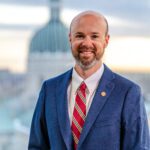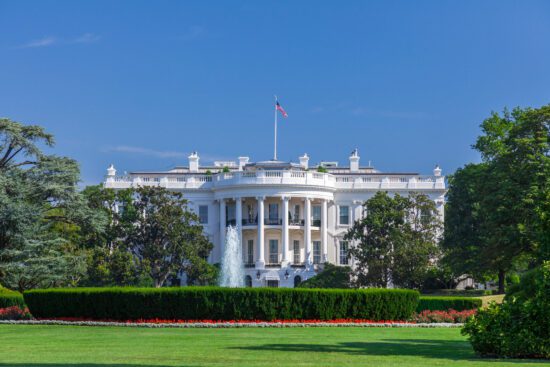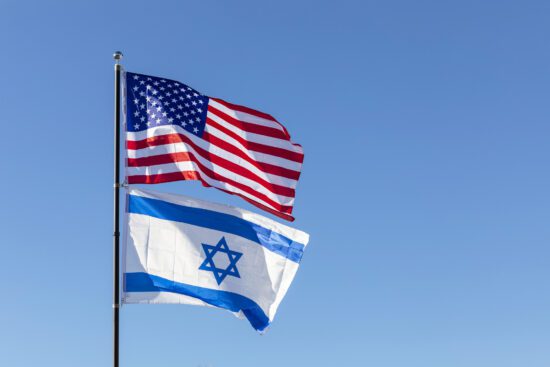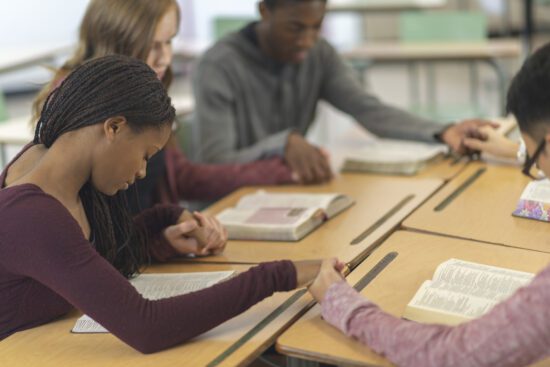Mayor Pete Buttigieg, a Democratic nominee for president of the United States, has an impressive resume. He’s a polyglot, military veteran, ex-corporate consultant, Harvard graduate, and the mayor of a recognized city at a very young age. More than that, he has positioned himself as one of the seemingly moderate candidates in the Democratic field.
Though committed to progressivism on social issues, he defends the free market when many vying for the Democratic nomination will not. The first openly gay Democratic candidate, Buttigieg has appealed to his Episcopalian faith as a basis for his progressive politics and made overtures of trying to build bridges with evangelical Christians. He’s at least friendly toward faith, even if evangelical Christians would disagree with his interpretation of Christianity (and we most definitely should).
Buttigieg’s comments about religious liberty
But that mild-mannered bridge-building diplomacy appears to have come to a screeching halt in an interview he gave to Michael Gerson for a column Gerson wrote about Buttigieg in the Washington Post. In it, Buttigieg offers unvarnished honesty about the limits of an issue that conservative Christians value dearly, religious liberty.
Summarizing Buttigieg’s views on religious liberty, Gerson writes that “on policy issues of particular concern to many evangelical Christians, Buttigieg gives little ground. His conception of religious liberty is minimalistic, making no provision for religious institutions such as colleges to admit or hire according to their traditional religious standards.” Gerson then quotes Buttigieg directly saying that “if you are talking about professional organizations that have HR departments, then yes, it is not enough to say religion inspires me to discriminate against you and expect government to let that go.”
The description of religious liberty as “minimalistic” is telling for what it portends: an ever-increasingly narrow conception of religious liberty that reduces the liberty of one’s religious life to what happens inside the four walls of a church. This vision for religious liberty could not be any more diametrically opposed to what America’s founders envision and what the Christian faith demands.
Gerson’s description of Buttigieg’s views, that he makes “no provision for religious institutions to admit or hire according to their traditional religious standards,” is one of the most brazenly hostile conceptions of religious liberty that one could hold. In fact, words fail to accurately describe just how illiberal and unconstitutional Buttigieg’s views are, because the consequences seem almost limitless when it comes to the essence of religion. If religion is supposed to guide all areas of our life, Buttigieg is exchanging this for a view of religion that treats religion as a mere sentiment, not a guiding force for how one understands such ultimate realities as ethics, truth, and goodness.
Defining religion down
If this defining religion down sounds at all familiar, it is. In October of 2019, former candidate Beto O’Rourke made similar suggestions that any religious institution that fails to embrace LGBT identities should forfeit its tax exemption.
Buttigieg and O’Rourke’s suggestions demonstrate a serious challenge for orthodox Christianity. No longer is disagreement allowable (something even President Obama acknowledged when he came out in support of same-sex marriage); it must be squelched in favor of the sexual revolution. It’s an assault on the very nature of religion since their understanding of religion sees it as something worth limiting if it’s deemed “discriminatory” according to progressive understandings.
Religion, by definition, rests upon pillars of belief. It’s those beliefs that individuals form institutions around that are directed toward a common goal. This is by no means limited to Christianity only. Whether a church, synagogue, or mosque, the adherents of a religion gather together to bring about a particular goal that their religion teaches them to advance. From the mission of a religious body comes the ability to extend that mission into other domains, such as social services and education (to name only a few). This is why the Constitution has granted American civil society the ability to create institutions that embody a religious identity and religious purpose, even if those institutions are not strictly a congregation.
Buttigieg’s position undercuts the very fabric of religious identity. If a religious institution cannot hire or admit on the basis of its religious identity, its identity and mission has lost the animating force behind it, which means the very purpose of its existence is called into question. And all of this seems okay with Buttigieg if it means advancing the cause of LGBT rights. Because in the progressive worldview, it is more important that one’s sexual preferences be protected than the protections afforded to persons and their relationship to God.
The attacks against religious liberty seem to know no limits. We should be thankful that Buttigieg is being honest about his contempt for religion that disagrees with his own, for it allows us to work to prevent this illiberalism from any greater ascendance. The unmasking of secularism’s hostility to religion is becoming full-scale at this point, and anyone with a concern for religious identity, religious liberty, civility, and pluralism should be alarmed by the arguments being advanced by this major candidate for president of the United States.










